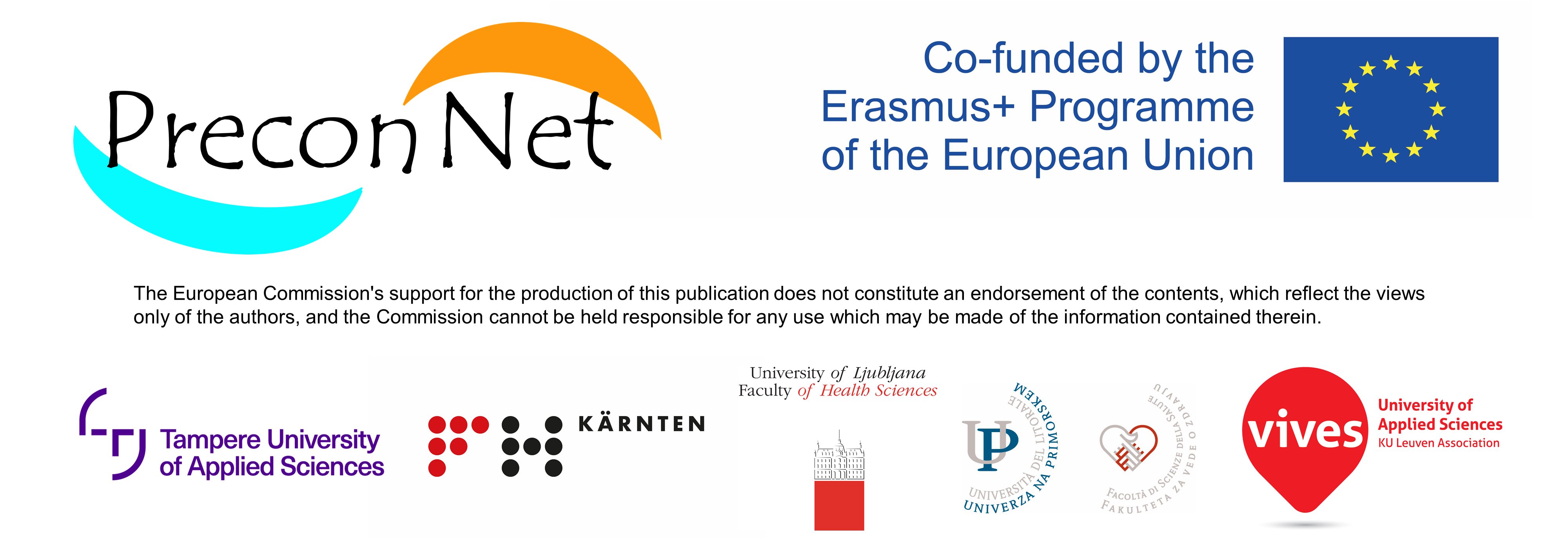SMOKING AND ALCOHOL AS MODIFIABLE RISK FACTORS INFLUENCING FERTILITY
It is no scientific breakthrough and no new information that smoking and alcohol negatively affect our health. However most people are unaware of the hazardous consequences of these risk factors for the female and male reproductive system. First looking at the women’s point of view smoking leads to a disruption in hormone levels, impaired cycle length, follicle deplitition, oocyte dysfunction, impaired folliculogenesis because of the toxic follicle environment and an impaired tubal function resulting in ectopic pregnancies. In addition, men’s fertility is seriously affected through smoking especially the semen parameter and the DNA of the sperms, which tend to be mutated. What this means to the offspring is not hard to imagine – when this pregnancies are not cleared by nature because of the massive damage in the DNA structure those children are born with impairments.
The evidence of the effects of alcohol on female and male fertility is more moderate especially considering the amount of alcohol consumption. Nevertheless, studies show clear evidence that alcohol consumption affects the menstrual cycle, that it takes longer to conceive and that the promotion of free radical production caused through alcohol consumption negatively affects women’s fertility. For men consuming high amounts of alcohol can result in lower testosterone level, lower semen volume, lower sperm count and lower numbers of sperms with normal morphology and motility. Also the ability to have normal intercourse can be impaired because of sexual dysfunction resulting out of the high consume of alcohol. Studies also show the higher risk for non-achieving live birth in fertility treatment, particularly when men drink one week before providing the sample for the IVF treatment.
Looking at the hazardous effects of smoking and alcohol on the reproductive system of women and men it is important to provide the population with evidence based information regarding modifiable risk factors in order to enhance their opportunity to make healthy fertility decisions over their whole life span.
Melanie Brodinger, BSc MA, Research Assistant
Carinthia University of Applied Sciences, Austria





